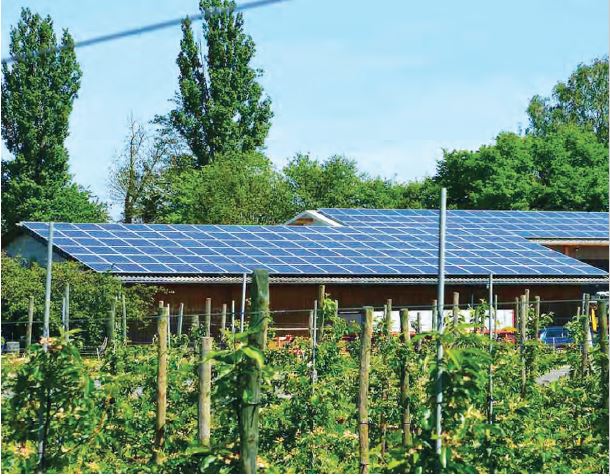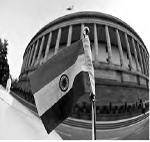 |
|
 |
STORY
DETAILS |
 |
|
| |
| |
 |
| Cover Story
|
 |
 |
| Textiles’ – the word brings up images of beautiful drapes – cotton, silk, chiffon, lace. Whether it is the material draped on the figurine of the lady f... |
|
 |
| |
read more... |
 |
|
 |
Lead Article
Textiles the word brings up images of beautiful drapes cotton, silk, chiffon, lace. Whether it is the material draped on the figurine of the lady from Mohenjadaro, the stylish drapes of Cleopatra, the ball dance gowns of the Victorian Era or the lovely dresses worn by our own queens and princesse...
read more... |
|
 |
| Articles |
 |
 |

|
|
Tapping Sustainable Energy Alternatives
|
|
|
The second lead article, which is also focus article, is written by Shri N Bhadran Nair. Citing a report of the World Health Organisation, the author has advocated for tapping sustainable energy alternatives
|

|

|

|

|
|
Financing Renewables in India
|
|
|
The third article is written by Shri P C Maithani, Adviser, Ministry of New and Renewable Energy. He has focussed on renewable energy resources
|

|

|

|
|
Steps to Achieve India’s Solar Potential
|
|
|
The special article is written by Sumant Sinha, Chairman and Managing Director of ReNew Power. He opines that India must also honour its global commitments on curbing greenhouse gas emissions
|

|

|
|
|
|
|
|
|
|
Electoral Reform and the Deepening of democracy in India
Subrata K Mitra |
|
 Democrats all over the world have good reasons to celebrate the significance of the sixteenth Lok Sabha elections in India. The level of participation – at 66.4 per cent, the highest ever since the introduction of universal suffrage (see table 1) – puts India, the world’s largest democracy, in the league of high participation countries. The fact that despite a long, bruising campaign, the election itself was generally peaceful, orderly, free and fair is a testimony to inner strength and resilience of democracy in India. This article provides a brief glance into the electoral process and the deepening of democracy in India, and makes a case for some electoral reforms that can reinforce democratic consolidation. Elections and the deepening of democracy in India. Universal adult franchise with first-past-the-post electoral rules was first introduced in the general election of 1952, the first after Independence. All political parties including communists and the right wing Jan Sangh were permitted to participate in the election. Thanks to the extension of suffrage, the electorate rapidly expanded, bringing into the political arena a large number of voters with no previous experience of electoral participation. Democrats all over the world have good reasons to celebrate the significance of the sixteenth Lok Sabha elections in India. The level of participation – at 66.4 per cent, the highest ever since the introduction of universal suffrage (see table 1) – puts India, the world’s largest democracy, in the league of high participation countries. The fact that despite a long, bruising campaign, the election itself was generally peaceful, orderly, free and fair is a testimony to inner strength and resilience of democracy in India. This article provides a brief glance into the electoral process and the deepening of democracy in India, and makes a case for some electoral reforms that can reinforce democratic consolidation. Elections and the deepening of democracy in India. Universal adult franchise with first-past-the-post electoral rules was first introduced in the general election of 1952, the first after Independence. All political parties including communists and the right wing Jan Sangh were permitted to participate in the election. Thanks to the extension of suffrage, the electorate rapidly expanded, bringing into the political arena a large number of voters with no previous experience of electoral participation. |
|
|
|
|
|
|
|
|
|
|
 |

|
Regional Languages
|
 |
|
|
 |
|
Regular
Column |
|
J&K Window : |

|
|
Do you know? : What is Forensic Auditing |
Forensic auditing refers to the auditing with the main aim to employ accounting techniques and methods to gather evidence to investigate the crimes on financial front such as theft, fraud etc.

|
|
|
 |
|
 |
 |